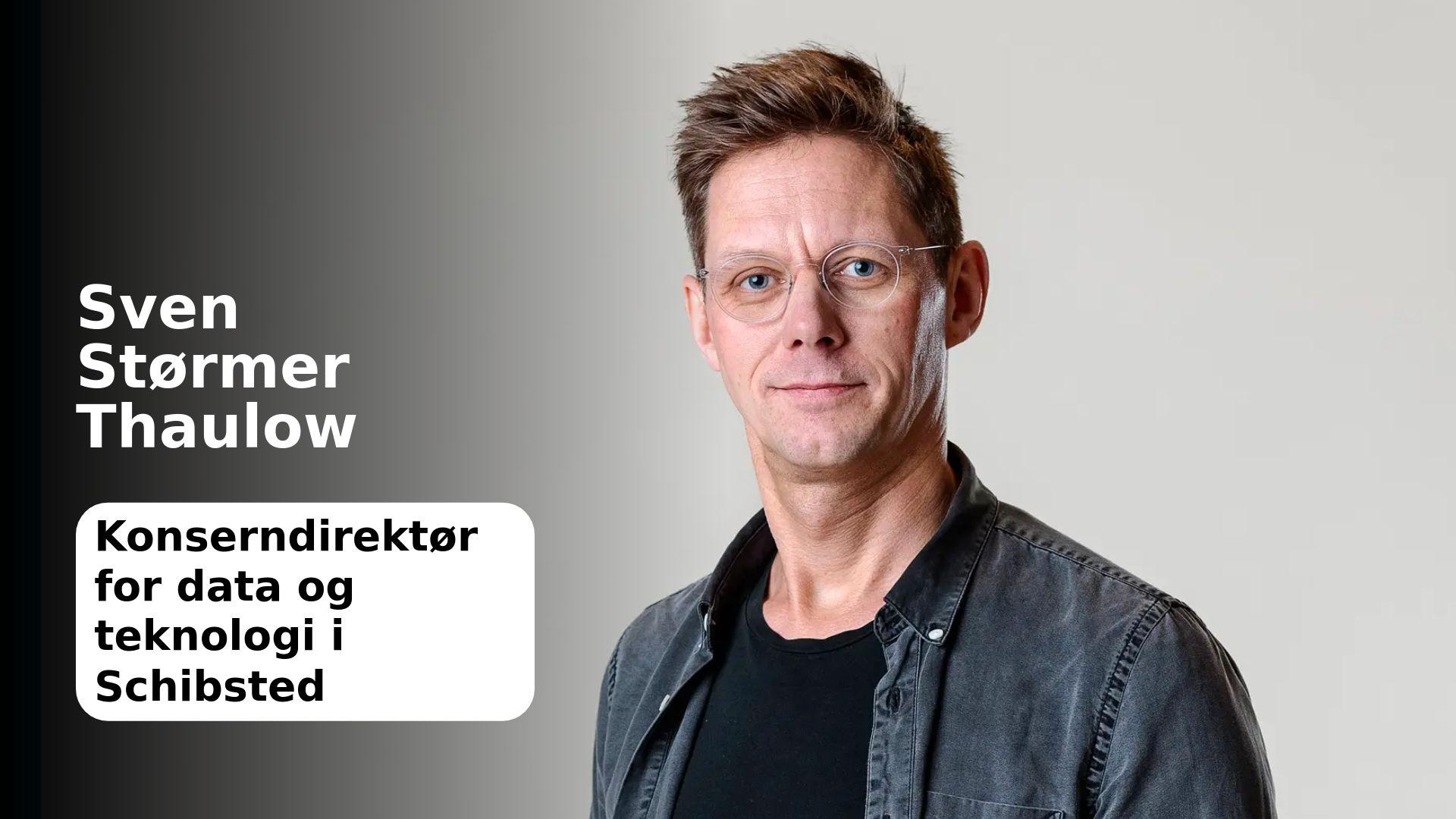
Several problems arise with artificial intelligence. Now we need to control the infrastructure.
Never before has a new technology been adopted as quickly as ChatGPT. Generative Artificial Intelligence (AI) is changing the landscape — for individuals, businesses, and society.
Therefore, we now have to discuss how we can jointly – across industries, social sectors, political parties, academia and authorities – ensure the framework conditions that enable technology to serve us as a society.
Personal textbook
Let me take an example. ChatGPT is based on a large language paradigm. And the schoolchildren, of course, discovered that the talking robot willingly publishes in Norwegian any topic imaginable. For many, ChatGPT has become a dedicated textbook.
As a society, we have always been interested in controlling textbooks in schools. We have established a framework for what textbooks should contain and the values they promote.
But what if much of the knowledge our children pick up has a basis in American language paradigms, such as ChatGPT?
Anyway, there are three things we should think about:
- The language model does what it is told to do. Usually, it is made to estimate the following words in a sentence. It is not necessarily designed to provide correct information.
- What comes out of the language model will always be the result of the trained content and core value set. The biases and grammar from the source material are reflected in the language model and in the worst case can have disastrous consequences.
- Language models are also modified by those who create them. This means that someone decides what topics are not acceptable. For ChatGPT, this demarcation takes place in California.
Is it a problem?
yes it is. At least in such a small linguistic region as ours.
Need a Norwegian language form
Therefore, we now need a model of the Norwegian language based on our cultural context.
- It is possible that a language model that is trained primarily on Norwegian content will do better in Norwegian.
- As a small country, we need to control our infrastructure. KI has become a global industrial policy race. It is not taken for granted that technology will be democratized.
- Models must conform to the Norwegian, rather than American, culture and worldview.
An initiative funded by the Research Council is already underway under the auspices of Norwegian Center for Artificial Intelligence Innovation (NorwAI) Associated with NTNU in Trondheim. Soon, the first version of the language model with 23 billion parameters will be ready.
Schibsted and other large companies, such as NRK, DNB, Statnett and Telenor, are partners in the NorwAI project. At this point it is a non-commercial research project, but the ambition is that in the long term it will benefit the whole of Norwegian society.
National service
Currently, a national effort is needed to enable the entire Norwegian society to benefit from generative AI in a good way.
Corporations, business organizations, societal institutions, academia, authorities, and politicians have everything to gain from working together on this.
Building a Norwegian language model is just one example of the initiatives we need.
Another example is the tangible challenge for the Norwegian authorities: we must ensure sufficient access to computing power so that we can use AI on a sufficiently large scale.
For example, training a language-first model occupied Norway’s largest artificial intelligence supercomputer at NTNU for a full four months. In order to generate a model of twice the size, which is the next step, we lack the computational power that is practically enough in Norway.
The Norwegian authorities must now take the initiative to ensure that we get enough computing power for this kind of investment and allocate it to the NTNU supercomputer. It is a necessary investment to develop smart and scalable solutions that benefit our entire society.
First of all, opportunities
Technology offers amazing opportunities and can help solve some of our biggest challenges. Many companies and public agencies are already using artificial intelligence to find solutions to their own problems.
Therefore, we must now look together as a community. We have to ask what it would take for Norway to take a leadership role in the development and use of AI.
As an owner of large digital marketplaces and news media, Schibsted is excited to be involved in a joint effort to make this happen.

“Web specialist. Lifelong zombie maven. Coffee ninja. Hipster-friendly analyst.”




